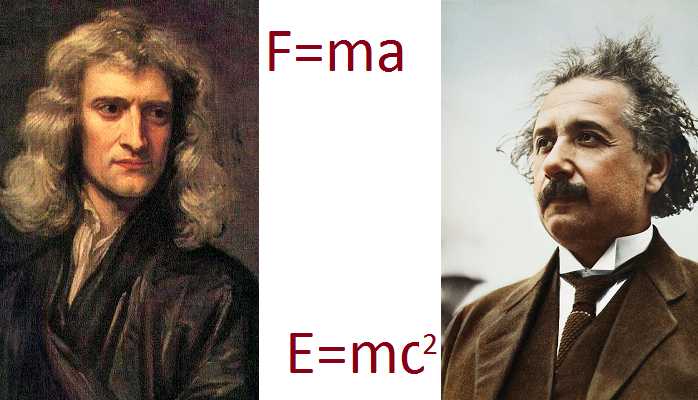If an event you planned succeeds, you feel efficacious; the outcome demonstrated the validity of your methods. You also feel serene; there was no challenge—you repeated the given and the known.
What if your event fails? You’re in shock! When you channel that shock to purposeful and systematic inquiry, you take the path of significance that can uncover the reasons why. Your inquiry is thoughtful, engages your creativity, and can lead you from one milestone to the next to resolution.
Throughout human history, it is the development of new scientific concepts that break through the limitations of established ones that leads to progress.

Failure is not, in the context used here, an accident caused by a random event. It is the ruined outcome of planned purposeful action based on known scientific concepts you believed would deliver the outcome you sought. Unanticipated failure of professional artifacts is the spark that ignites scientific progress.
Science develops concepts to explain the laws of nature. Professional knowledge rearranges nature in accordance with scientific principles to create artifacts that enhance human life. The fact that failures are rare implies that humans understand nature well enough to rearrange it successfully. That failures attract world-wide professional attention implies that an artifact’s failure may have stretched existing scientific concepts to their limits. The failure may be setting the stage to uncover new concepts better suited to evolving our designs for purposes that necessitate the stretching of limits of existing knowledge.
Science is a collection of logical and proven concepts that explain our world and are derived from axioms, i.e. irrefutable sensory observations. Your profession’s artifacts enhance human life and require focused attention, problem-solving skills based on science, and a productive sequence of steps.
When struck by failure, take heart and make the resolve to forge ahead with purposeful and systematic inquiry. Could this be the next breakthrough awaiting discovery?
This blog was written by Ranjit S. Sahai, PE, F.ASCE, and CEO of RAM Corporation. A variation of this blog appears on LinkedIn Pulse and as a Special Feature on the ASCE-NCS.ORG Website.
